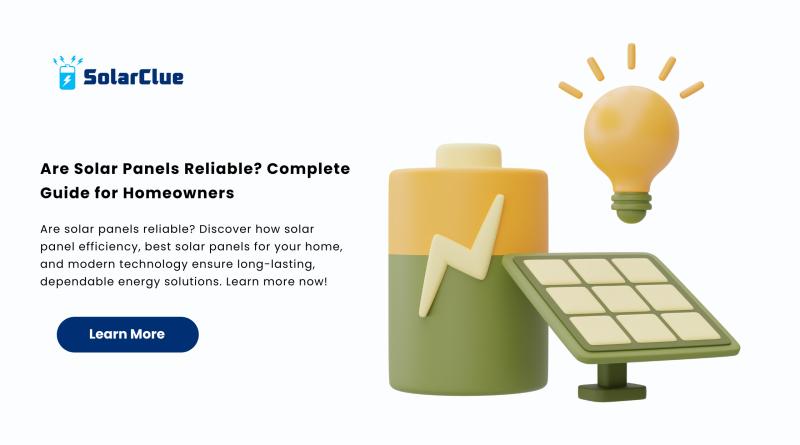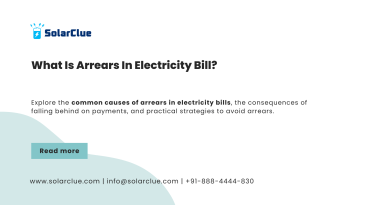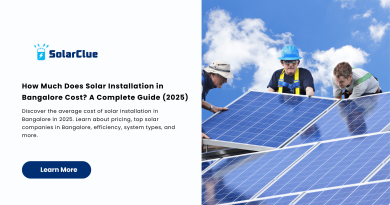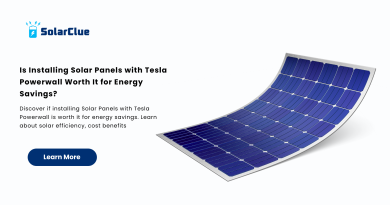Are Solar Panels Reliable? Complete Guide for Homeowners
If you have been wondering, are solar panels reliable, the short answer is yes, and for good reasons. Solar panels are built with cutting-edge technology designed to withstand decades of exposure to the elements. Over the past 20 years, they have evolved dramatically, making them more efficient, durable, and affordable than ever before. Homeowners across the globe are turning to solar panel for home installations because of their proven performance and the growing need for sustainable energy solutions. Today, thanks to rigorous testing standards and technological innovation, solar panels offer remarkable dependability and impressive returns on investment.
Table of Contents
- 1 How Do Solar Panels Work?
- 2 Key Factors That Make Solar Panels Reliable
- 3 Understanding Solar Panel Efficiency
- 4 Best Solar Panels for Your Home in 2025
- 5 Lifespan of Solar Panels: What to Expect
- 6 How Weather Conditions Affect Solar Panels
- 7 Common Myths About Solar Panel Reliability
- 8 What Maintenance Do Solar Panels Need?
- 9 Innovations That Boost Solar Panel Reliability
- 10 Financial Benefits of Installing Reliable Solar Panels
- 11 How Solar Panels Enhance Home Value
- 12 Environmental Benefits of Reliable Solar Panels
- 13 Final Verdict: Are Solar Panels Reliable?
- 14 FAQs
How Do Solar Panels Work?
To understand why solar panels are reliable, it’s helpful to know how they work. A solar panel consists of photovoltaic (PV) cells that convert sunlight into electricity. When sunlight hits these cells, it knocks electrons loose, creating an electric current. This simple yet powerful technology has no moving parts, which significantly reduces the risk of mechanical failure. Unlike generators or fuel-powered systems that require constant maintenance, solar panels simply sit there, soaking up the sun and producing power quietly and efficiently.
Key Factors That Make Solar Panels Reliable
The reliability of solar panels comes down to a few crucial factors: quality of materials, manufacturing processes, installation, and ongoing maintenance. Top manufacturers use durable materials such as tempered glass and corrosion-resistant aluminum frames to protect the cells. Additionally, many high-quality solar panels are certified to withstand heavy wind, rain, hail, and extreme temperatures, making them ideal for various climates. When you choose the best solar panels for your home, you ensure better resilience against natural wear and tear.
Understanding Solar Panel Efficiency
Another aspect to consider when asking are solar panels reliable is solar panel efficiency. Efficiency refers to how well a solar panel converts sunlight into usable electricity. Modern solar panels typically offer an efficiency range of 15% to 22%. Higher efficiency means more energy output from a smaller surface area. Investing in a solar panel for home with a higher efficiency rate ensures better performance, especially if you have limited roof space or want to maximize your energy savings.
Best Solar Panels for Your Home in 2025
Choosing the best solar panel requires balancing efficiency, warranty, brand reputation, and price. Brands like SunPower, LG, REC, and Canadian Solar are renowned for producing some of the best solar panels for your home. These companies offer panels with high efficiencies, long warranties (up to 25 years), and excellent temperature coefficients, ensuring consistent performance even on hotter days. You can explore more options and get personalized advice by visiting SolarClue.
Lifespan of Solar Panels: What to Expect
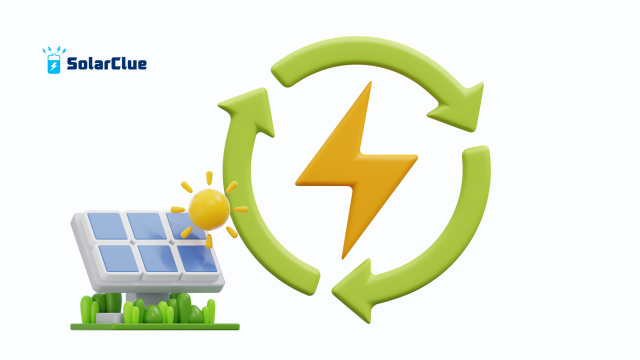
Another strong proof that answers are solar panels reliable is their impressive lifespan. Most solar panels come with a performance warranty of 25 years or more. In practice, many solar panels continue generating electricity well beyond that timeframe, albeit with slightly reduced efficiency. Proper installation and minimal maintenance ensure that your solar panel for home investment continues paying off for decades.
How Weather Conditions Affect Solar Panels
A common concern among potential buyers is how weather impacts solar panels. Fortunately, solar panels are tested to endure diverse environmental conditions. Whether it’s hail, snow, high winds, or heavy rains, premium solar panels can resist damage. Contrary to popular belief, solar panel efficiency can even improve in colder temperatures, making them viable in a range of climates.
Common Myths About Solar Panel Reliability
Several myths cloud the perception of solar energy. Some believe that solar panels do not work on cloudy days, but in reality, they still generate power, albeit at a reduced rate. Another myth is that solar panels require constant maintenance. In truth, a quick cleaning once or twice a year and periodic checks are usually enough. Reliable solar panels also come with inverters that have long lifespans, further minimizing maintenance needs.
What Maintenance Do Solar Panels Need?
Maintaining solar panels is straightforward. Dust, debris, and bird droppings can slightly affect efficiency, so occasional cleaning is recommended. Additionally, it’s good practice to schedule professional inspections every few years to ensure everything is functioning optimally. Overall, the minimal upkeep required underscores why solar panels are considered a set-and-forget solution for green energy.
Innovations That Boost Solar Panel Reliability
Recent technological advancements have significantly boosted the reliability of solar panels. New materials, better inverter technologies, and smart solar tracking systems have minimized energy losses and maximized solar panel efficiency. Bifacial panels, for example, can capture sunlight from both sides, producing even more electricity. Such innovations ensure that investing in the best solar panel now means benefiting from decades of high performance.
Financial Benefits of Installing Reliable Solar Panels
Reliable solar panels are not just environmentally friendly; they are also financially smart. Lower utility bills, government tax credits, and increased home value are just a few benefits. With energy prices climbing globally, installing a solar panel for home today can protect you against rising costs and contribute to long-term financial stability. You can find valuable insights and tips on solar financing at Blog.SolarClue.
How Solar Panels Enhance Home Value
Studies have shown that homes equipped with solar panels sell faster and at higher prices than those without. Buyers are increasingly attracted to energy-efficient homes that promise lower electricity bills and a smaller carbon footprint. Having the best solar panels for your home installed not only saves money while you live there but also makes your property more appealing when it’s time to sell.
Environmental Benefits of Reliable Solar Panels
Switching to solar panels isn’t just about financial gains. Reliable solar panels dramatically reduce your carbon footprint, lessening your dependency on fossil fuels. By choosing clean energy, homeowners contribute to a greener future, helping combat climate change and ensuring a better planet for future generations.
Final Verdict: Are Solar Panels Reliable?
So, are solar panels reliable? Absolutely. Backed by decades of innovation, rigorous testing, and successful real-world performance, solar panels are among the most dependable technologies available today. Whether you’re concerned about solar panel efficiency, durability, or return on investment, modern solar panels deliver on all fronts. Choosing the best solar panels for your home will offer peace of mind, savings, and a cleaner future.
If you’re ready to make the switch and want expert guidance, check out SolarClue for top-tier solar products and professional advice. For more deep dives into solar energy and smart home upgrades, visit Blog.SolarClue — let’s light up your world, one panel at a time!
FAQs
1. Are solar panels reliable in the long term?
Yes, solar panels are designed to last 25–30 years, with many panels continuing to perform efficiently even after that period.
2. What affects the reliability of a solar panel?
Factors like material quality, manufacturing standards, installation, and maintenance all impact the long-term reliability of a solar panel.
3. Can solar panels work during cloudy or rainy days?
Absolutely. Solar panels generate power even under cloud cover, although the output may be slightly lower compared to sunny days.
4. How often should solar panels be cleaned?
Cleaning solar panels once or twice a year is usually sufficient to maintain optimal performance.
5. Where can I learn more about choosing the best solar panel for my home?
You can find expert guidance and quality product recommendations at SolarClue.com and Blog.SolarClue.com.

